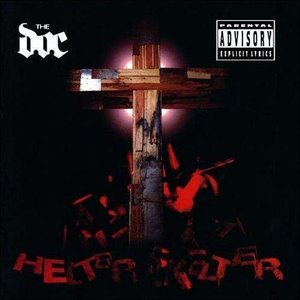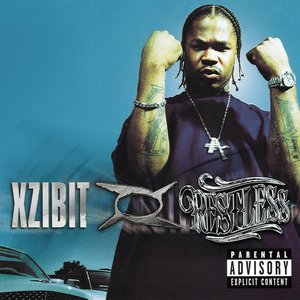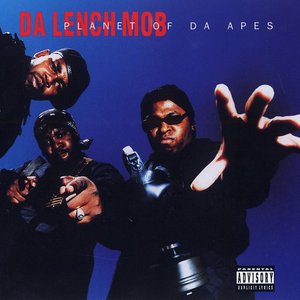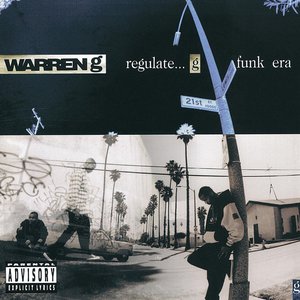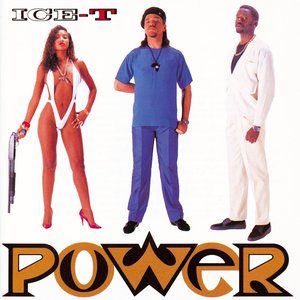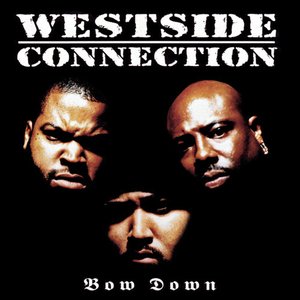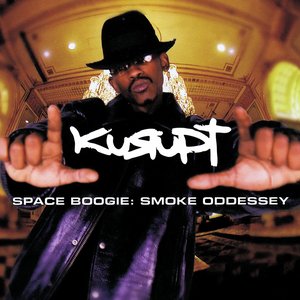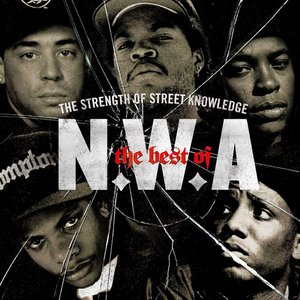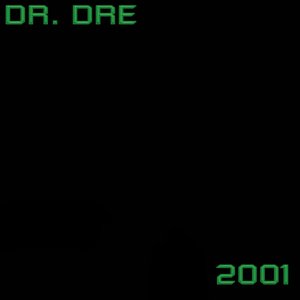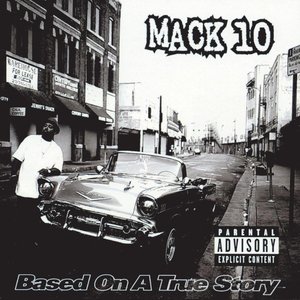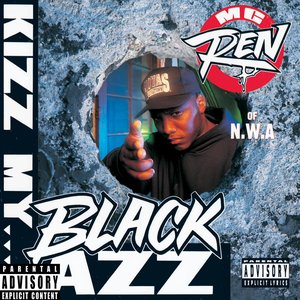Wiki
-
Release Date
29 October 1991
-
Length
20 tracks
Death Certificate is the second studio album by rapper Ice Cube, released October 31, 1991 on Priority Records. Highly anticipated with over a million advance orders, the album was certified platinum in sales on December 20, 1991. The album debuted on the Top R&B/Hip-Hop Albums chart at #1 and on the Billboard 200 chart at #2, while it went on to sell over two million copies to date. It is considered one of the greatest hip hop albums of all time. It was also the source of much controversy due to some of its racially charged content, and Ice Cube's acerbic statements on drug dealing, racial profiling, and the right to keep and bear arms.
In 1992, as a result of the album's controversy, the state of Oregon declared any display of Ice Cube's image in retail stores throughout the state illegal. This ban also included advertisements for St. Ides Malt Liquor, which Ice Cube endorsed at the time. In 2003, Priority Records re-released Death Certificate, which included a bonus track, "How to Survive in South Central", that originally appeared on the Boyz N the Hood soundtrack.
Songs and music
Ice Cube began work on Death Certificate a few months after his last release, the Kill At Will EP. However, unlike his debut album, which featured booming beats by the The Bomb Squad, the majority of tracks on Death Certificate were produced by Sir Jinx, Boogiemen, and Cube himself. This gave the album a slightly more West Coast-oriented sound in comparison to his debut. A number of the tracks also use samples taken from California-based acts such as Zapp, and Fishbone.
Content
The album was roughly organized as two thematic elements of a larger whole, and opens with Cube's explanation: "The Death Side: a mirror image of where we are today; The Life Side: a vision of where we need to go." The first half, therefore, is replete with the tales of drug dealing, whore-mongering and violence expected of a gangsta rap album in 1991. The second half provided something of a synthesis between that genre and the type of prescriptive messages more often found from artists wholly divorced from the gangsta image.
Both sides, however, provide a more introspective and encouraging outlook than fits with the common conception of gangsta rap. The Death Side's "A Bird in the Hand" laments a young man's slide into a life of drug-dealing after finding that the best jobs available to him with little education and a jail record simply won't pay the bills.
Do I have to sell me a whole lot of crack
For decent shelter and clothes on my back?
Or should I just wait for help from Bush?
Or Jesse Jackson and Operation PUSH?
There is no shortage of nihilistic or, at least, criminal posturing either, with the Life Side's "Black Korea" threatening rioting and arson alongside Black entrepreneurship as a response to the preponderance of Korean grocery stores in ghettos across the United States. The track was seen as a response to the death of Latasha Harlins, a 15-year-old African American girl who had been shot by a Korean store owner on March 16, 1991 because the owner thought Harlins was trying to steal a bottle of orange juice. Considering that the release of the track preceded the Los Angeles Riots, in which many of the people targeted were of Korean descent, Ice Cube was accused of inciting racism by some groups.
The track "Look Who's Burnin'" tells of the dangers of sexually transmitted diseases in low income neighborhoods, while "Alive on Arrival" tells the story of a young man caught in the crossfire of a gang shootout who slowly bleeds to death while in a hospital waiting room. "Color Blind" preaches neutrality and brotherhood between gangs, such as the Bloods and Crips. The album is also famous for the bonus track "No Vaseline," a vicious "diss track" aimed at Ice Cube's former N.W.A band mates.
Reception
Death Certificate received a "meager" $18,000 promotion budget, and neither of its singles received much airplay, although the album's two singles, "Steady Mobbin'" and "True to the Game," received music video treatment.
Acclaim
Allmusic calls Death Certificate "even harder and angrier than AmeriKKKa's Most Wanted… It continues the sharp insights and unflinching looks at contemporary urban lifestyles that his solo debut only hinted at; in short, it's hardcore without any gangsta posturing." They also call it "funkier, noisier, and more musically effective (than AmeriKKKa's Most Wanted)."
* Rating: A- "…20 tracks of the most visceral music ever allowed in public…" - Entertainment Weekly (11/15/91)
* Rating: Recommended "…adrenalin-drenched funk…integrates vitriolic politics with raw street knowledge…achieves an almost George Clinton-esque sense of celebratory freakiness…" - Spin (1/92, p.72)
* Included in Vibe's 100 Essential Albums of the 20th Century. - Vibe (12/99, p.158)
* #8 on MTV's Greatest Hip Hop Albums Of All Time.
* #17 on the Greatest R&B/Hip-Hop albums as voted by the British public.
* Selected as one of The Source's 100 Best Rap Albums.
Controversy
In the September 2006 issue of FHM, Ice Cube stated in an interview that he did not regret the controversial statements made on the album. Regarding the offense caused to Koreans, he said, "If there's still a problem, it's their problem." Due to fear that laws against racial incitement in the United Kingdom could see the album banned, the United Kingdom release removed the tracks "Black Korea" and "No Vaseline." Island Records, the distributor of this version of the album, deleted these tracks with the consent of Priority Records, but not Ice Cube himself. However, these tracks do feature on this album in the present day.
Album descriptions on Last.fm are editable by everyone. Feel free to contribute!
All user-contributed text on this page is available under the Creative Commons Attribution-ShareAlike License; additional terms may apply.

